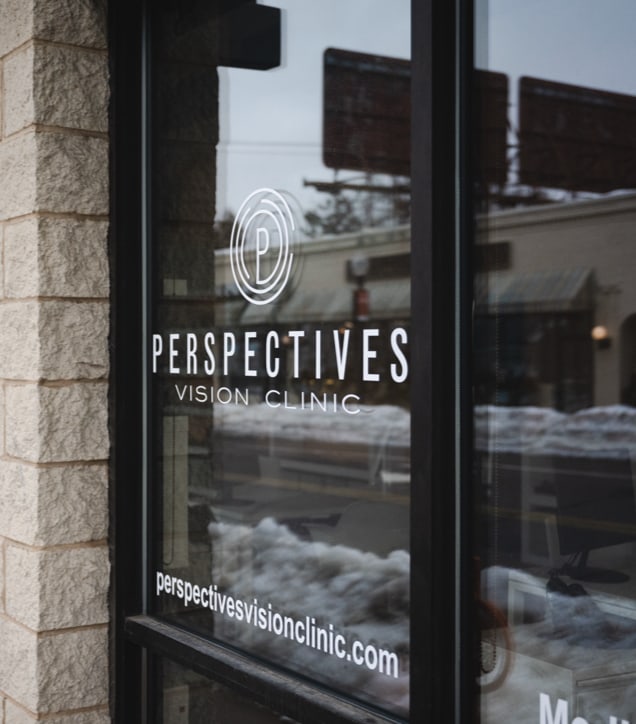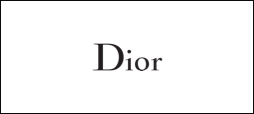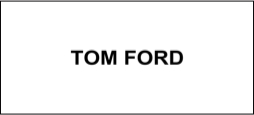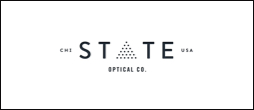If you’re struggling to read street signs or dealing with nagging headaches after hours of screen time, you may wonder if glasses could be the solution. Vision issues can creep up gradually, making it hard to notice when your eyes aren’t performing their best.
Some signs you may need glasses include:
- Blurry vision
- Frequent headaches
- Eye strain
- Squinting to see clearly
- Difficulty seeing at night
- Double vision
Your eyes work hard every day, and caring for them is key to maintaining a healthy, active lifestyle. If you notice any of the signs discussed in this blog, it’s time to book an appointment with your eye doctor.
I Already Have 20/20, Why Would I Need Glasses?
First, let’s address a common misconception. Having 20/20 vision doesn’t automatically mean you don’t need glasses. While 20/20 refers to visual sharpness at a distance, it doesn’t account for other aspects of vision, such as eye strain, difficulty focusing, or issues caused by astigmatism.
Even with perfect distance vision, you may need glasses to alleviate symptoms like fatigue caused by prolonged reading, computer use, or other close-up activities.
Think of glasses as more than a tool to sharpen blurry vision. They’re also crucial for protecting your eye health and improving overall comfort.
Common Signs You May Need Glasses
If you’re unsure whether glasses are right for you, pay attention to the following signs. These symptoms often indicate that your eyes might benefit from corrective lenses.
Blurry Vision
A noticeable sign is blurred or fuzzy vision, which can occur at various distances. If objects far away, like road signs, or close up, like reading materials, appear out of focus, you could have a refractive error such as myopia (nearsightedness), hyperopia (farsightedness), or astigmatism. Blurred vision is 1 of the most telling indicators that it’s time to consult an eye professional.
Frequent Headaches
Headaches are a common side effect of uncorrected vision problems. When vision isn’t sharp, your eyes work harder to focus on tasks, creating strain and leading to recurring headaches. If you notice this pattern, especially after extended periods of screen time or reading, glasses could help reduce the strain and discomfort.

Eye Strain
Do your eyes feel tired, dry, or sore after staring at screens or small print for long periods? Eye strain, also known as digital eye strain or computer vision syndrome, often stems from overusing your eyes without the right corrective lenses.
Squinting to See Clearly
If you find yourself squinting to read a menu, watch TV, or see road signs, it strongly indicates that your eyes are struggling to focus. Squinting temporarily reduces the light entering your eye, giving the illusion of clearer vision. This behavior often signals an underlying refractive issue that glasses can address.
Difficulty Seeing at Night
Struggling to see clearly while driving at night, especially when street lights or headlights blur into a halo, could indicate night blindness or a condition like astigmatism. Glasses tailored to correct these specific issues can help make nighttime activities safer and less stressful.
Double Vision
Seeing 2 images of a single object is called double vision, and it could suggest eye alignment issues, uncorrected astigmatism, or other eye health concerns. If this happens frequently, consulting your optometrist is essential to determine the cause and appropriate treatment.
How Glasses Improve Vision
Glasses do much more than sharpen your sight. Whether you’re managing blurry text on a screen or struggling with distant details, modern lenses are crafted to provide comfort, clarity, and even style.
Correcting Refractive Errors
The primary purpose of prescription glasses is to correct refractive errors, ensuring light focuses correctly on your retina. This correction improves clarity for tasks at any distance, allowing you to easily carry out daily activities.
Reducing Eye Strain
Specialized glasses can minimize the strain caused by close-up work or frequent screen use. Features like anti-glare coatings and blue light filters can enhance comfort for digital-heavy lifestyles.
Adding Style & Comfort
Gone are the days when glasses were purely functional. With countless frame styles and lens options, glasses can be stylish accessories that complement your look while enhancing your vision.
When Should You Visit an Optometrist?
If you’re experiencing any of the symptoms listed above, the best way to safeguard your vision is to schedule an eye exam with an optometrist.
Experts recommend that adults without known vision problems have an exam at least every 2 years, while those with existing prescriptions or symptoms should visit annually. Early diagnosis means that vision issues can be managed proactively, preventing long-term discomfort or deterioration.
An eye exam not only determines whether glasses are needed but may also reveal underlying health issues like diabetes or high blood pressure. Your eyes are a window to your overall health, so prioritizing their care is essential.
Take a Step Toward Better Vision
Every blink, every glance, every view of the world around you depends on your vision. If you’ve been experiencing blurry vision, headaches, or eye strain, it may be time to consider glasses. Don’t ignore the signs. At Perspectives Vision Clinic, we’re here to help you every step of the way. From expert consultations to stylish and comfortable frames, we’re here for you. Schedule your next appointment today. Your vision is worth it.










